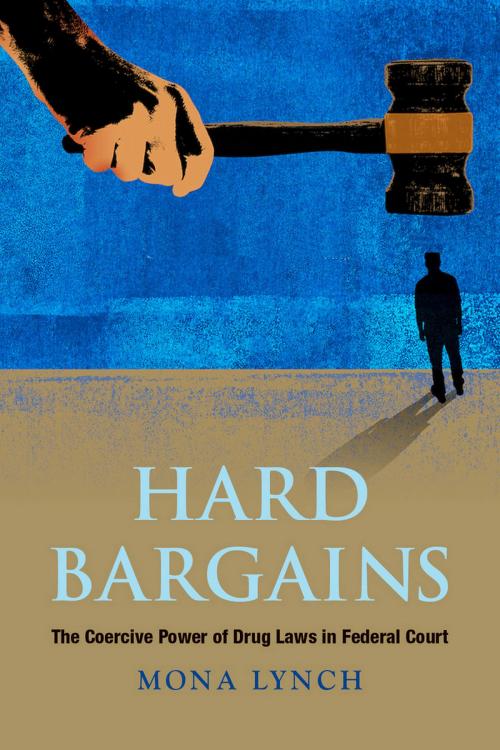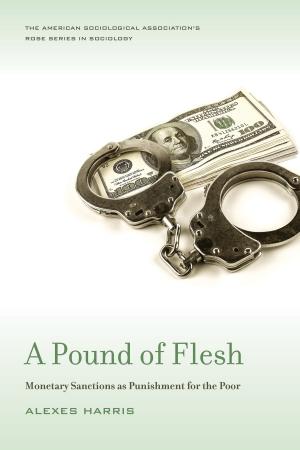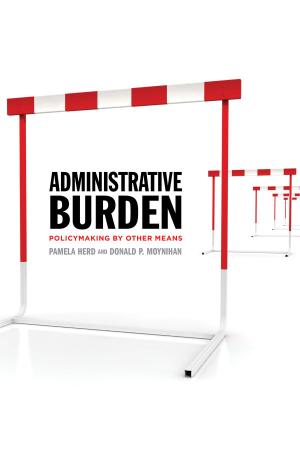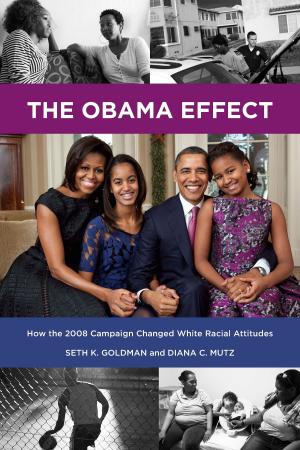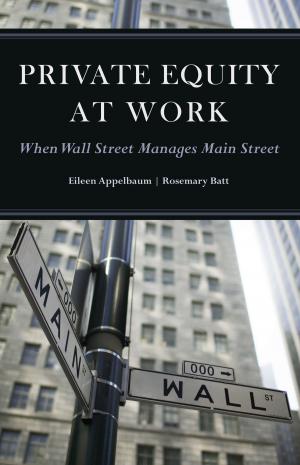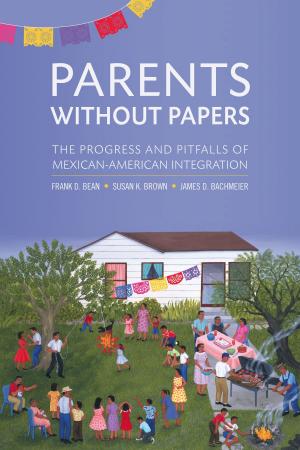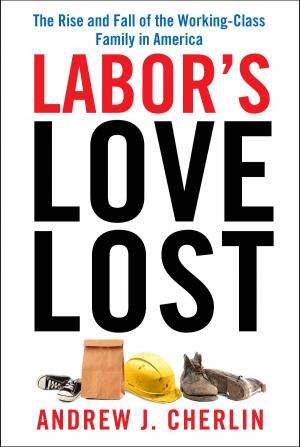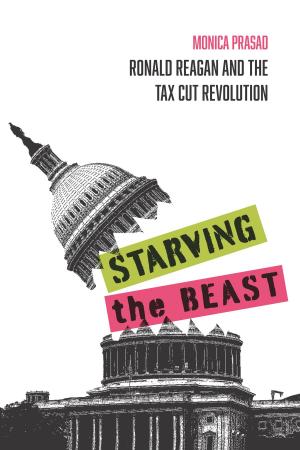Hard Bargains
The Coercive Power of Drug Laws in Federal Court
Nonfiction, Reference & Language, Law, Criminal law, Social & Cultural Studies, Social Science, Crimes & Criminals, Criminology| Author: | Mona Lynch | ISBN: | 9781610448611 |
| Publisher: | Russell Sage Foundation | Publication: | November 1, 2016 |
| Imprint: | Russell Sage Foundation | Language: | English |
| Author: | Mona Lynch |
| ISBN: | 9781610448611 |
| Publisher: | Russell Sage Foundation |
| Publication: | November 1, 2016 |
| Imprint: | Russell Sage Foundation |
| Language: | English |
The convergence of tough-on-crime politics, stiffer sentencing laws, and jurisdictional expansion in the 1970s and 1980s increased the powers of federal prosecutors in unprecedented ways. In Hard Bargains, social psychologist Mona Lynch investigates the increased power of these prosecutors in our age of mass incarceration. Lynch documents how prosecutors use punitive federal drug laws to coerce guilty pleas and obtain long prison sentences for defendants—particularly those who are African American— and exposes deep injustices in the federal courts.
As a result of the War on Drugs, the number of drug cases prosecuted each year in federal courts has increased fivefold since 1980. Lynch goes behind the scenes in three federal court districts and finds that federal prosecutors have considerable discretion in adjudicating these cases. Federal drug laws are wielded differently in each district, but with such force to overwhelm defendants’ ability to assert their rights. For drug defendants with prior convictions, the stakes are even higher since prosecutors can file charges that incur lengthy prison sentences—including life in prison without parole. Through extensive field research, Lynch finds that prosecutors frequently use the threat of extremely severe sentences to compel defendants to plead guilty rather than go to trial and risk much harsher punishment. Lynch also shows that the highly discretionary ways in which federal prosecutors work with law enforcement have led to significant racial disparities in federal courts. For instance, most federal charges for crack cocaine offenses are brought against African Americans even though whites are more likely to use crack. In addition, Latinos are increasingly entering the federal system as a result of aggressive immigration crackdowns that also target illicit drugs.
Hard Bargains provides an incisive and revealing look at how legal reforms over the last five decades have shifted excessive authority to federal prosecutors, resulting in the erosion of defendants’ rights and extreme sentences for those convicted. Lynch proposes a broad overhaul of the federal criminal justice system to restore the balance of power and retreat from the punitive indulgences of the War on Drugs.
The convergence of tough-on-crime politics, stiffer sentencing laws, and jurisdictional expansion in the 1970s and 1980s increased the powers of federal prosecutors in unprecedented ways. In Hard Bargains, social psychologist Mona Lynch investigates the increased power of these prosecutors in our age of mass incarceration. Lynch documents how prosecutors use punitive federal drug laws to coerce guilty pleas and obtain long prison sentences for defendants—particularly those who are African American— and exposes deep injustices in the federal courts.
As a result of the War on Drugs, the number of drug cases prosecuted each year in federal courts has increased fivefold since 1980. Lynch goes behind the scenes in three federal court districts and finds that federal prosecutors have considerable discretion in adjudicating these cases. Federal drug laws are wielded differently in each district, but with such force to overwhelm defendants’ ability to assert their rights. For drug defendants with prior convictions, the stakes are even higher since prosecutors can file charges that incur lengthy prison sentences—including life in prison without parole. Through extensive field research, Lynch finds that prosecutors frequently use the threat of extremely severe sentences to compel defendants to plead guilty rather than go to trial and risk much harsher punishment. Lynch also shows that the highly discretionary ways in which federal prosecutors work with law enforcement have led to significant racial disparities in federal courts. For instance, most federal charges for crack cocaine offenses are brought against African Americans even though whites are more likely to use crack. In addition, Latinos are increasingly entering the federal system as a result of aggressive immigration crackdowns that also target illicit drugs.
Hard Bargains provides an incisive and revealing look at how legal reforms over the last five decades have shifted excessive authority to federal prosecutors, resulting in the erosion of defendants’ rights and extreme sentences for those convicted. Lynch proposes a broad overhaul of the federal criminal justice system to restore the balance of power and retreat from the punitive indulgences of the War on Drugs.
